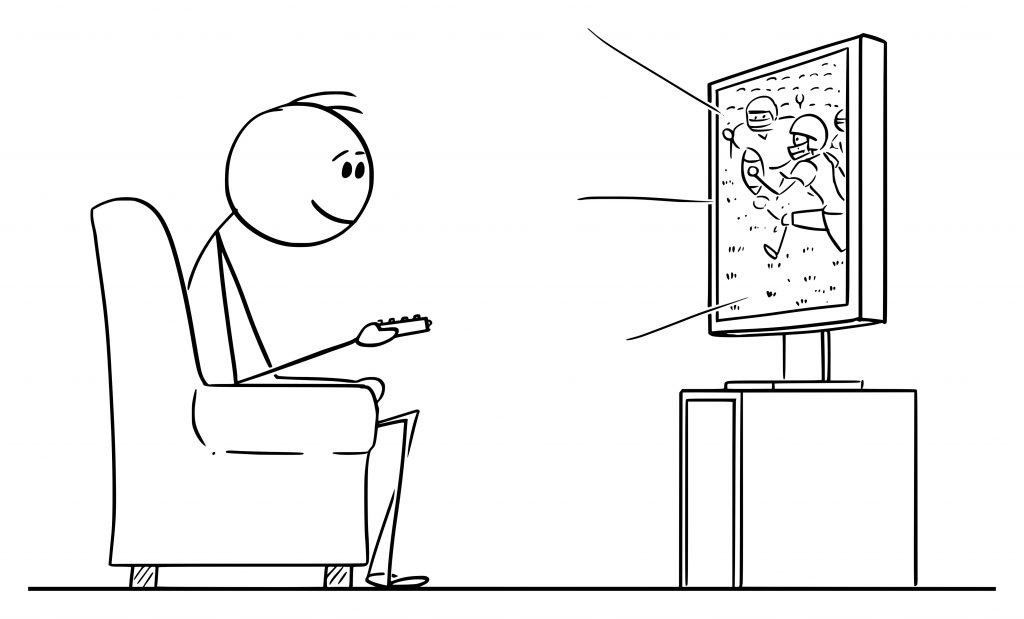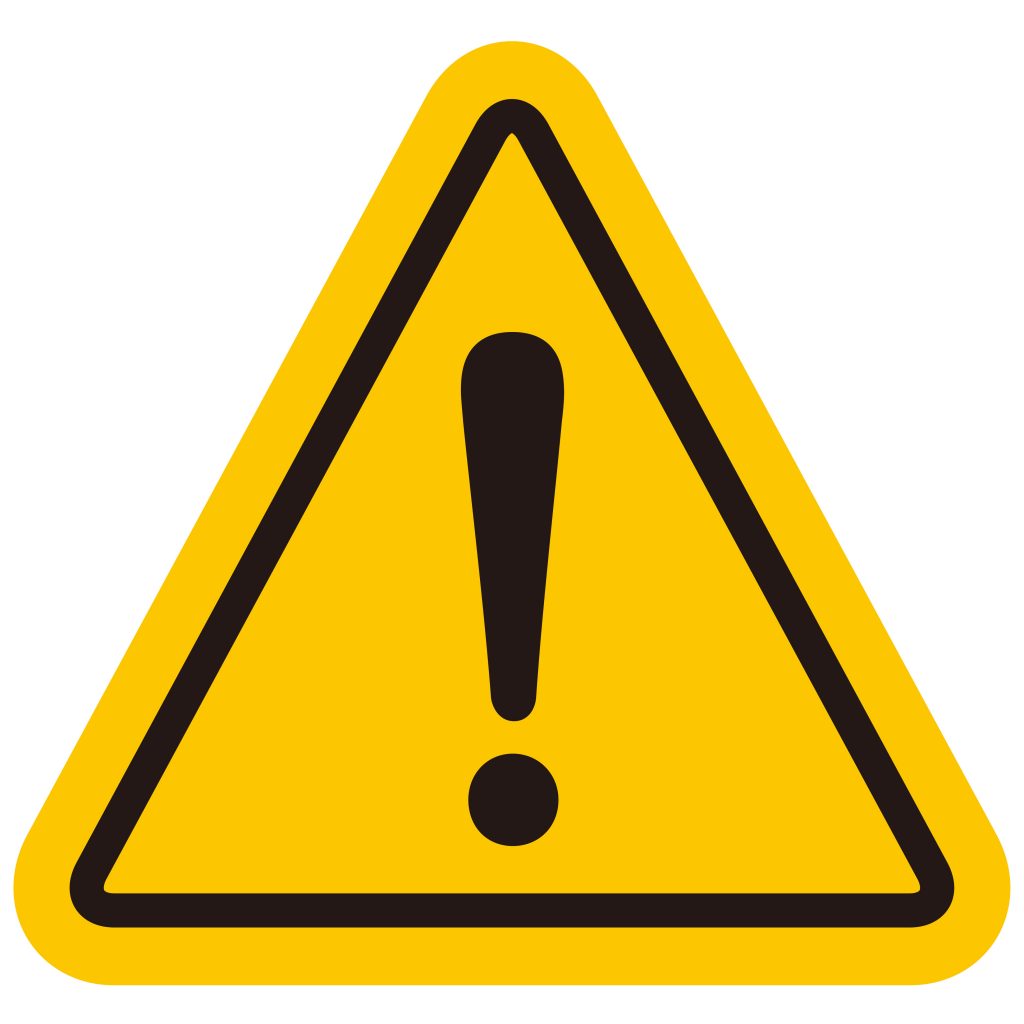
You don’t have to look very far to see how limiting beliefs can hold you back from living the life of your dreams.
Are you feeling stuck? Are you clear about your goals and dreams, but find you’re not making any real progress? Chances are there’s at least one limiting belief lurking in the background, informing your choices and convincing you that you’re not good enough.
The mistaken beliefs about our worth, capability and value cause us to think small. We live in terror of being found out. We wonder if there really is a place for us in a world that feels unsafe, unpredictable and cold.
So we set up a cycle. We avoid the feelings of fear and inadequacy by hiding who we really are and not stepping forward into what we really want. The risk just feels too high – it doesn’t even feel possible. The results we get then reinforce the limiting belief that we’re not capable of more or better.
You may be wondering, “How can I spot these self-limiting beliefs?”
Pay Attention to the Language You Use.
- “I’m not good with money.”
- “I can’t attract my ideal partner.”
- “My failures are a sign that I’ll never make it.”
These statements are windows into your deepest beliefs about yourself. Repeating them is like digging a groove deeper and deeper into your brain, undermining your efforts for positive change.
Whether you spot the language or not, there may be a lot more going on underneath the surface. Limiting beliefs are actually known as ‘iceberg beliefs’ because we’re usually not aware of them. They tend to float just beneath the surface of our consciousness. But we can see their traces in the choices we make.
Yes, I’m ready

Do you relate to these?
- You announce to yourself and your family that you’ll start exercising regularly. You even do it for a few days. But then next thing you know, you’re surfing the web or watching TV instead.
- You have a great idea to start a business and have every intention of getting it off the ground, but instead find yourself taking the safety of a salaried job.
- You promised yourself a proper vacation, but instead find a reason to spend your time off at home.
- You want to be more sociable, but instead come up with an excuse to say ‘no’ to dinner invitations on a regular basis.
When what you say and what you do are two different things, a limiting belief is definitely influencing your decision. When you notice this happening, you might be asking, “Am I sabotaging myself?” But this implies an intent to undermine yourself. In fact, the reality is much more positive than that.
Limiting Beliefs Have Good Intentions
Assumptions about ourselves and our world have a purpose: they are meant to protect us from some perceived danger.
Harvard Graduate School of Education professors Robert Kegan and Lisa Laskow Lahey studied how limiting beliefs actually work and why we have them. They found that most people live with fear every day of their lives. Their research revealed that our way of coping with fear results in an “immunity to change”. Humans get into a cycle of wanting to change some aspect of their lives but find they do the exact opposite as if they were immune to adaptive change.
Here’s how it works: we have well-developed internal systems for managing the anxiety of everyday life. These defense mechanisms help us resist what feels threatening. They contribute to thoughts like, “I will be alone if I divorce.” Or, “I won’t get another job if I lose this one.” And while they do appear to keep us safe in the short term, they also make us believe things that may not be true. These false beliefs convince us that “many things are impossible for us to do” when, in fact, “they are completely possible for us to do!”
When we make choices – even passive ones – based on these misperceptions, we set ourselves up for unintended long-term consequences.
When Limiting Beliefs go Unchallenged
Left unchallenged, limiting beliefs can lead to poor outcomes in all areas of our lives: work, relationships, finances and health. At a minimum, they lead to procrastination, lack of motivation and lowered self-confidence.
For example:
- We put off starting our taxes because we’re convinced the process will make us miserable.
- We decide not to go to university or pursue a higher degree because we believe we’re not smart enough.
- We decide not to take a trip because we believe a vacation is an unnecessary expense.
In this way, these beliefs become self-fulfilling prophecies. We stop creating opportunities for good things to happen.
It’s like hiking in a beautiful setting, but being weighed down by heavy rocks in your backpack. It takes a lot of energy to lug that dead weight around, no matter how inspired you are by the spectacular scenery. Although carrying this extra weight is literally dragging you down, you can’t see that lightness and sure-footedness would actually be yours if only you took the damn rocks out! Instead, you choose to leave them there. It may not occur to you to take them out. You may even be thinking, “This is the only way to do it. I have to suffer to make it happen.” This assumption about what makes this climb a ‘climb’ makes it so unappealing that you decide not to go for it at all.
Signs of Limiting Beliefs
Do you:

- Make excuses – “This happened because….”
- Complain – “This wouldn’t have happened if….”
- Engage in negative thinking – “This never works out for me.”
- Say limiting things about yourself – “I’m not smart enough to take this course.”
- Blame others – “I can’t get ahead because of his issues.”
- Resist things that logically make sense for you – “I know I should cut out sugar because of my diabetes, but it tastes so good.”
- Procrastinate – “I can start it later. I can’t cope with it now.”
- Need to do everything perfectly – “If I have to, I’ll stay up all night to get this right.”
- Experience anxiety – “I feel nervous that things won’t work out.”
7 Steps to Liberate Yourself from Limiting Beliefs
I invite you to consider these steps as a starting point in your personal journey. Remember, there is no one right way for everyone.
1. Identify Your Belief System
- a) Inquire of yourself, gently:
- What am I saying or doing that’s getting in my way?
- What am I resisting in this situation?
- What am I believing that this feels so hard?
- What can I do to amp up my excitement about this choice?
- What needs to be resolved for me to set the bar higher for myself?
- What am I ready to take full responsibility for?
- What do I gain when I blame someone else?
- Which of my values is conflicting with my goal?
- What stories do I tell myself about what I should or shouldn’t do?
- What unhelpful pattern am I repeating with this choice?
- What do I gain from keeping the status quo?
- b) Use free writing to uncover your deepest thoughts:
- If the questions above lead to overthinking or confusion, sit down and give yourself 10-30 minutes for free writing. Simply write out every thought and feeling you have about the goal you‘re trying to achieve – without editing! Let it all flow.
- Once you’ve successfully brought your limiting beliefs to the surface, I invite you to pause. Deeply. Resist the impulse to run away from them, judge them, or erase them. Get to know these beliefs and where they operate in your life. Learn how to spot them. The better you know them, the more successful you’ll be in overcoming them.
- c) Do you relate to any of these common misbeliefs?
- If others succeed, there’ll be no room for me.
- I’m not strong enough.
- I’m not smart enough.
- I’m not good enough.
- I don’t have enough time.
- I don’t have enough money.
- I’ll never earn the amount of money I’d like.
- I have to stay in this relationship because there won’t be another one.
- I’ll be happy when…
- People don’t change. I’ll never change.
- I’m responsible for other people’s happiness.
- I have to work harder than other people to be successful.
- I’m destined to struggle.
- I don’t belong in this world.
- I can’t…
- I’m too old, too young, too…
- I’ll be rejected if I speak my mind.
- It’s always my fault when things go wrong.
- I’m not worth listening to.
- Promoting myself is unethical.
- I’ve tried before and failed, so I’m going to fail again.
- This is as good as it will ever get.
2. Acknowledge the Gifts of your Limiting Beliefs
We already know that limiting beliefs protect us from pain, so what needs are being met by yours?
You can ask yourself:
- How am I deriving pleasure by holding onto this limiting belief?
- What good intention does this belief provide me with?
- What value am I gaining by holding onto this belief?
3. Find the Evidence: Is the Belief True?

As you get to know your belief, ask yourself if it is really true. When looking for evidence, encourage yourself to think flexibly and with curiosity. We often hold on tightly to our limiting beliefs because they feel so real. Ideally, you want to explore all the data with an open mind.
Ask yourself:
- Is this belief really accurate?
- Have I always believed this?
- Was there a time when I didn’t believe this?
- Are there times when this belief just doesn’t make any rational sense?
- What evidence is there that disproves this limiting belief?
4. Test the Assumptions
Big Assumptions underly all your choices – some of them not very helpful ones. What are you assuming is true that you feel you must absolutely live by your limiting beliefs? I invite you to test these assumptions in order to move beyond them.
- Start small, with something not too triggering. Ideally, this will be something from your everyday routine that would not be difficult to work on. For example, you may believe that you have to answer every email immediately for fear of damaging relationships.
- Taking the example of the email, identify ahead of time exactly what behaviours/choices/activities would prove the assumption false. This may be choosing to delay responding for two hours. Then notice what happens. Take care not to interpret; instead, simply observe.
- If you are not sure about what you are observing you may wish to have someone provide you with objective feedback afterwards. Emotions can make it hard for us to see what we actually do so this feedback can be very valuable.
- Reflect on the results. What actually happened? How were you feeling on the inside?
- Be prepared: you may need to run more than one test as our beliefs are not usually completely wrong. Running many small tests over time will tease apart what is true from what is false in your story, until you are free.
5. Recognize Old Patterns
- Get to know what might lead you back to old habits. For example, if you notice that having too much to do in a day results in you feeling anxious and working faster to cope, take some time to rehearse a more adaptive response for those moments.
- What key mantra would support you in responding to the stressor differently? It might be, “This is a moment to slow down. I have tools to organize myself differently so I don’t burn out.”
6. Identify New, Liberating Belief

Once you know your old, faulty belief isn’t true, but it still stops you from living the life you want, what belief would be accurate and truly liberating for you? In the case of the overly full agenda and the limiting belief that you must get it all done faster to preserve your value, the liberating belief might be: “My worth simply exists and I don’t have to prove myself. I’m free and powerful in making choices about how I spend my time.”
Some other empowering beliefs might be:
- When I feel afraid, I can choose to feel excited instead.
- I’m responsible for the life I create.
- My learning is a sign of strength and engagement in my own life.
- My dreams are worth striving for.
- I choose to see change as being in my best interest.
- I’m beautiful as I am.
- I’m lovable as I am.
- I belong in this world.
7. Notice Your Successes: Create an Evidence Bank for the New Empowering Belief
When you live your life based on this new and liberating belief, what wonderful and inspiring effects do you see? What are you feeling inside? What happens on the outside? Are people responding to you differently?
Being aware of and paying attention to this truth strengthens it like a muscle. The more you notice your feeling of calm during a situation that used to be challenging, the more you’ll see the power of your new beliefs. Hold onto that power! Continue to choose yourself, your worth, your value and your inherent ability to learn.
Ensure Your Success
The process of identifying your false and limiting beliefs is a solo, “inside” endeavour, but you don’t have to do it alone. The best and deepest learning occurs in community with others. Surround yourself with like-minded people who understand your journey. Breakthroughs happen when you have objective feedback, validation, and unconditional support.
Category: Personal Leadership, See all Resources
Yes, I’m ready




 Creating Your Future When You Can’t See What’s Next
Creating Your Future When You Can’t See What’s Next



